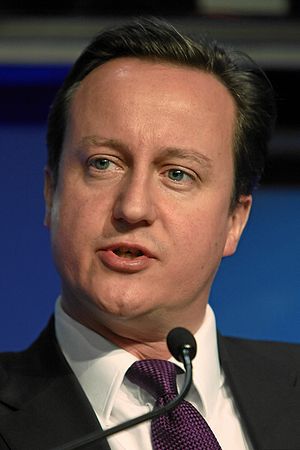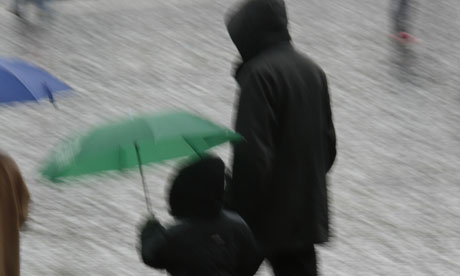 Image via Wikipedia
Image via WikipediaReleased on 07 February 2011
The
London Safeguarding Children Board has launched a new set of guidance and tools to help agencies identify and support children who have been trafficked.
Trafficked children can be subjected to sexual exploitation, enforced labour or drug dealing, sold or forced to commit crime by the organised gangs or individuals who have brought them into the country or trafficked them between cities within the
UK.
The London Safeguarding Children Board guidelines aim to support social workers, teachers, police, health workers and other professionals who may come into contact with suspected victims of trafficking.
To test how well the guidance and assessment tools worked in practice, a pilot scheme was carried out involving 12 local authorities, seven of which were in London. The trial was monitored by the London Safeguarding Children Board and a range of partner organisations, including representatives from the Home Office,
CEOP, the UK Border Agency and UK
Human Trafficking Centre, the Crown Prosecution Service and
ECPAT UK.
A total of 56 children were identified during the 14-month pilot, 47 of whom were referred to the National Referral Mechanism, an official system set up following the UK Government’s ratification of the Council of Europe
Convention on Action against Trafficking in Human Beings.
The main findings from the pilot are:
- Once a child is identified as being a victim of trafficking, immediate action must be taken before they go missing.
- Awareness needs to be raised among the public and professionals who can sometimes underestimate the scale of the issue.
- Multiple interviews with various agencies can be traumatic for young victims of trafficking – a single multi-agency assessment is preferred.
- Teams of agencies need to work more closely together and be more proactive in sharing information quickly with organisations in neighbouring areas as well as the voluntary sector.
Following the pilot scheme, the London Safeguarding Children Board is publishing its
Trafficked Children Guidance and Toolkit as a resource for all local authorities and other agencies which may come into contact with trafficked children.
Chair of the London Safeguarding Children Board, Cheryl Coppell said: “The pilot has provided a wealth of knowledge about how we can improve the safeguarding of children suspected of being trafficked.
“Trafficking is a complex form of child abuse and it is essential that agencies proactively work together to identify, assess and help trafficked children to recover from their ordeal.
“Trafficked children are at increased risk of significant harm because they are largely invisible to the professionals and volunteers who would be in a position to assist them. The adults who traffic them take trouble to ensure that the children do not come to the attention of the authorities, or disappear from contact with statutory services soon after arrival in the UK, or in a new area within the UK.
“There are very specific challenges surrounding trafficked children and there could be as little as a golden hour to take action to help them before they go missing.
“We have included the lessons learned from the pilot in our comprehensive guidance which we hope will be a valuable source of information and practical help for local authorities and their partners in safeguarding these vulnerable young people from further harm.”
Chief executive of the CEOP, Peter Davies said: “
Child trafficking is a form of child abuse. CEOP identified 287 children from 47 countries trafficked into the UK in 2009-2010. These children were subject to sexual exploitation, domestic servitude, exploitation in cannabis farms and compelled to perpetrate street crime.
"CEOP is committed to raising awareness of child trafficking among frontline workers in local authorities and their partners. We believe that the London Safeguarding Children Board guidance and toolkit will be an effective resource for the helping frontline workers identify and safeguard trafficked children.”
ENDS
For a copy of the London Safeguarding Children Board’s Safeguarding Trafficked Children Guidance and Toolkit, visit
www.londonscb.gov.uk/trafficking
The 12 local authorities involved in the pilot were: Camden, Croydon, Glasgow, Harrow, Hillingdon, Hounslow, Islington, Kent, Manchester, Slough, Solihull and Southwark.
The UK Government’s ratified the Council of Europe Convention on Action against Trafficking in Human Beings in December 2008. Following this, a National Referral Mechanism was implemented for adults and children trafficked into and within the UK.
Through the Safeguarding Trafficked Children Sub Group, the London Board will continue to support agencies in their efforts to identify, safeguard and protect victims and break the networks that traffic and exploit children.
Source:LondonCouncils
London acts to safeguard trafficked children















